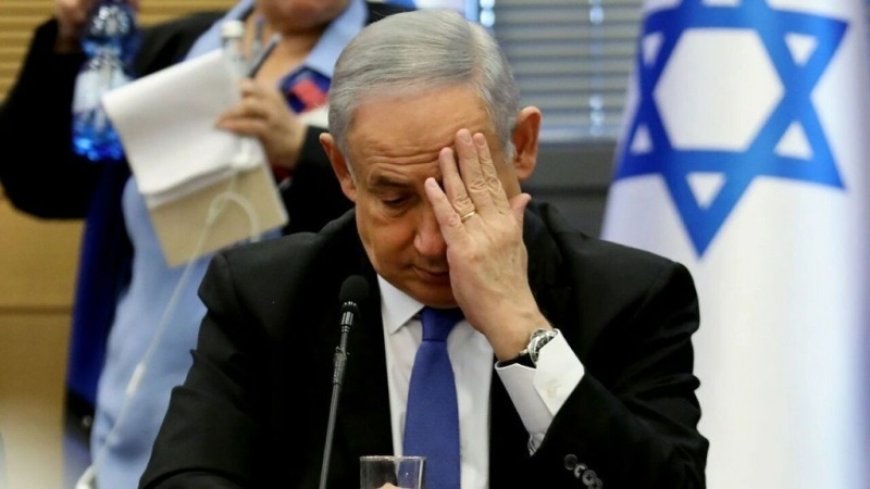European Nations Divided Over ICC Arrest Warrant for Netanyahu and Galant
Accused of war crimes, crimes against humanity, and the use of starvation as a weapon against Gaza, Israeli Prime Minister Benjamin Netanyahu and former Defense Minister Yoav Gallant were lately granted an arrest order by the International Criminal Court (ICC). European countries have responded differently to this extraordinary choice, exposing gaps inside the EU on respect of international law.

Accused of war crimes, crimes against humanity, and the use of starvation as a weapon against Gaza, Israeli Prime Minister Benjamin Netanyahu and former Defense Minister Yoav Gallant were lately granted an arrest order by the International Criminal Court (ICC). European countries have responded differently to this extraordinary choice, exposing gaps inside the EU on respect of international law.
The ICC declared its decision on November 21, the first time such allegations have been lodged against senior Israeli officials. Although some praised the ruling as a turning point for justice, it also highlighted Europe's disjointed approach to apply international law. Emphasizing the court's legal, not political character, Josep Borrell, the head of EU foreign policy, encouraged members to honor its decision. Compliance among the bloc members has been uneven, though.
Declared eager to enforce the ICC's ruling, nations including Italy, Ireland, Belgium, Norway, and the Netherlands said they would arrest Netanyahu should he visit their territory. On the other hand, Hungary—also an EU member—actively denounced the decision and invited Netanyahu to visit Budapest. Germany and the United Kingdom adopted more dubious stances based on diplomatic sensitivity and historical background. German officials, for example, highlighted the nation's complicated relationship with Israel, therefore casting doubt on their readiness to carry out the arrest order.
Another important EU member, France, publicly rejected the ICC's decision, contending that as Israel has not joined the Rome Statute, the decision lacks legal force inside her borders. Ignoring cries for responsibility, French officials also underlined their ongoing cooperation with Israeli authorities. Likewise, Italian officials have reversed earlier pledges to serve the warrant, voicing questions about its legitimacy and viability particularly considering Netanyahu's improbable travel to nations where he runs the risk of detention.
The conflicts among European countries highlight a more general problem: the West's uneven attitude to international justice and human rights. Although the EU usually supports humanitarian law and responsibility, the different reactions to the arrest warrant of the ICC expose conflicting national interests and political calculations. This divided approach compromises the EU's collective foreign policy and calls into doubt its legitimacy in tackling world human rights violations.













































